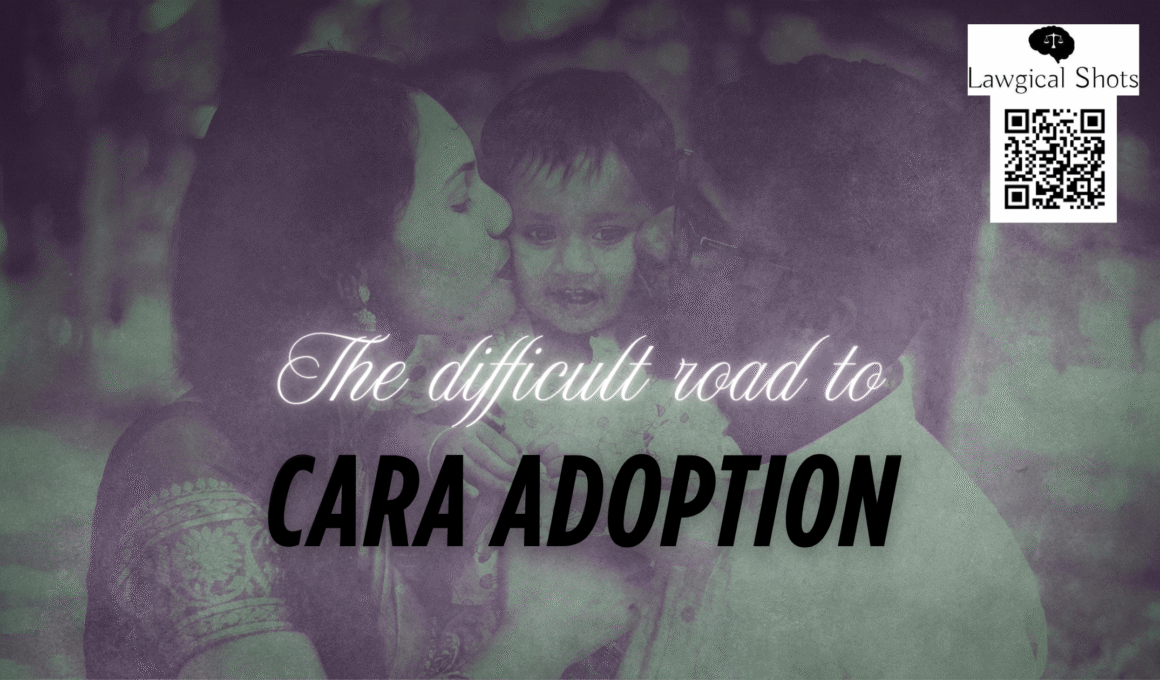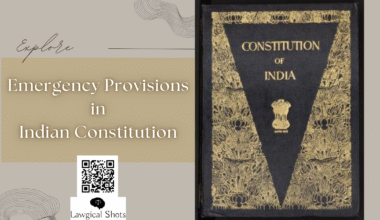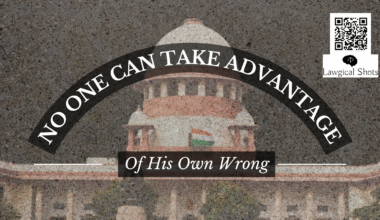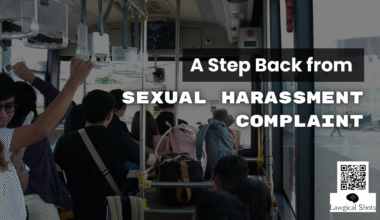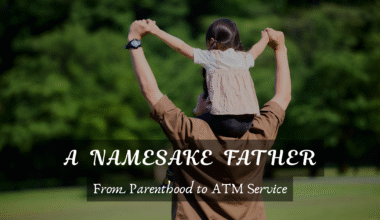Akshita and Pranav were married for five years, and their yearn to become parents deepened by the day. Despite their strong desire to become parents, Akshita and Pranav faced the painful reality of infertility. After enough contemplation, they decided to pursue the path of adoption, hoping to bring home a child in need of love and care. However, what they anticipated to be a hopeful journey soon turned into a labyrinth of bureaucracy and delays.
The Dream of Parenthood
Akshita and Pranav dreamed of providing a loving home to a child in need. They envisioned a life filled with laughter, learning, and the joy of parenthood. But as they kicked off with the adoption process, they encountered a system that was similar to a bumpy road.
Complexities of CARA Process
The Central Adoption Resource Authority (CARA) is the nodal body for adoption in India, overseeing the adoption of orphaned, abandoned, and surrendered children. While its role is crucial, the process it mandates can be overwhelming.
Akshita and Pranav found themselves drowning in paperwork, navigating through a maze of forms and requirements. The online registration system, though intended to streamline the process, was entirely in English, posing a significant barrier for many prospective adoptive parents.
The wait times were another hurdle. With several thousands of registered prospective adoptive parents and only a few hundreds of children available for adoption, the waiting period stretched into years.
Emotional Toll on Adoptive Parents
As months turned into years, Akshita and Pranav’s hope began to fade. The lack of communication from CARA left them feeling abandoned by the very system meant to support them. They joined online forums and support groups, seeking solace from others in similar situations. Yet, the emotional strain was undeniable.
A Call for Change
Akshita and Pranav’s story is not unique. Many prospective adoptive parents face similar challenges, leading to a growing call for reform. The Bombay High Court has initiated a suo motu Public Interest Litigation to address the significant delays in the adoption process.
Experts suggest that the adoption process needs to be more transparent, efficient, and accessible. Simplifying paperwork, offering multilingual support, and reducing wait times could make a world of difference for families like Akshita and Pranav.
Conclusion
Akshita and Pranav’s journey is a testament to their resilience and unwavering desire to become parents. While they have not yet reached their destination, their story sheds light on the urgent need for reforms in the adoption process. By sharing their experience, they hope to inspire change, ensuring that future hopeful parents can navigate the path to parenthood with greater ease and less heartache.
